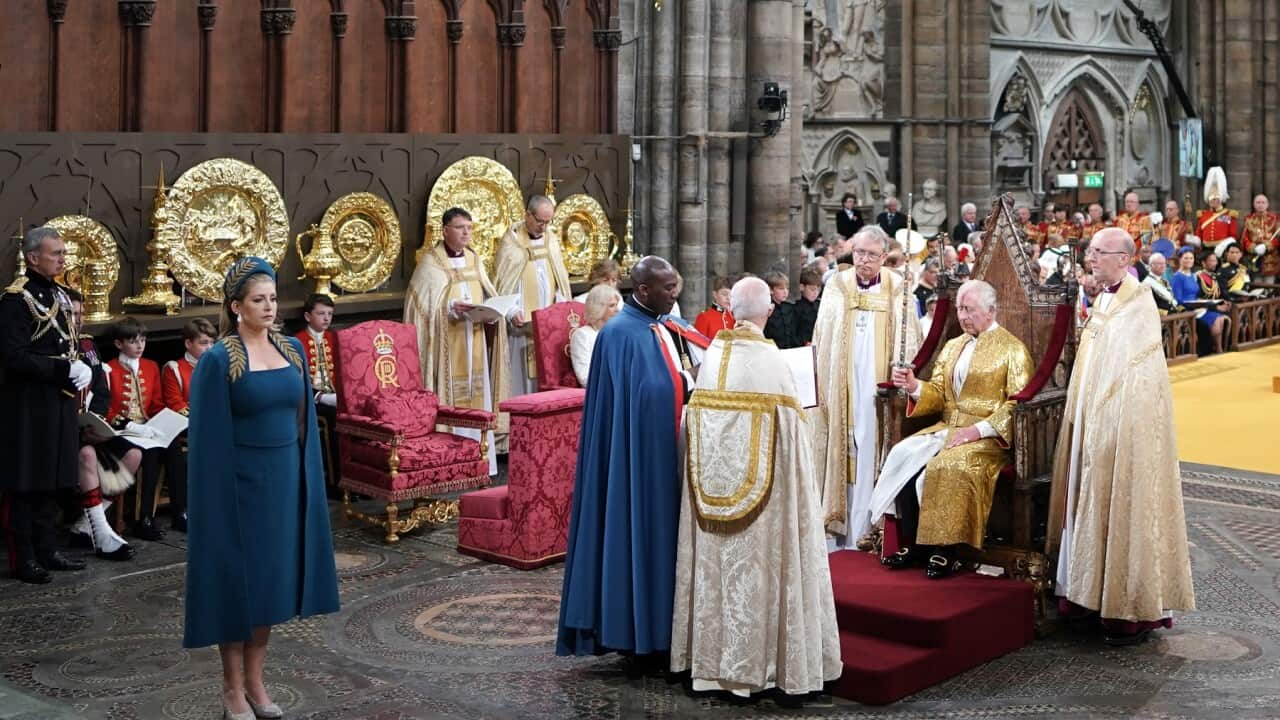SBS: Stunning fall for South Korean leader
In the space of a few weeks, South Korean President Park Geun-hye has gone from being the "queen of elections" to one of the country's least-loved and most divisive figures. Park's popularity was virtually wiped out by a corruption scandal, with recent polls putting her support at just four per cent.
Park's collapsing popularity stands in contrast with the high expectations South Koreans had when they elected her as the country's first female president in December 2012.
ABC: Park Geun-hye: Rallies demanding South Korea's President step down resume day after impeachment
For seven consecutive weekends, huge crowds have gathered in central Seoul in demonstrations calling for Ms Park to step down. On Saturday, some restaurants in central Seoul were offering "impeachment discounts," according to TV channel YTN. The candle-lit rallies have been peaceful, with parents bringing children and many demonstrators using smartphone apps with candlelight images and maps for bathrooms.
The Australian: South Korean leader Park Geun-hye impeached
Since South Koreas first free and fair election in 1987, every president has faced graft investigations after leaving office .Their cases often involved family members who were able to leverage links to the president in a society where political influence has traditionally had a very close and unhealthy rapport with business success.
Both Ms Park parents were assassinated and, estranged from her two siblings, unmarried and childless, she promoted herself as invulnerable to nepotism. The image of duty and self-sacrifice played well with the conservative base of Saenuri, especially older voters who saw her as a virtuous survivor of personal tragedy. All the more shocking then were the revelations of the extraordinary influence Ms Choi wielded over the president - from selecting her wardrobe to vetting the appointment of top officials.
The Conversation: South Koreas scandal reignites the global debate on corruption
This episode should put an end to the surprisingly commonplace idea that women are intrinsically less corrupt than men.
If a state suffers from systemic corruption, anyone elevated to power there can easily be enmeshed in corrupt activities regardless of their age or gender. To fight corruption effectively, we have to change prevailing cultures of elistism and clientalism.




